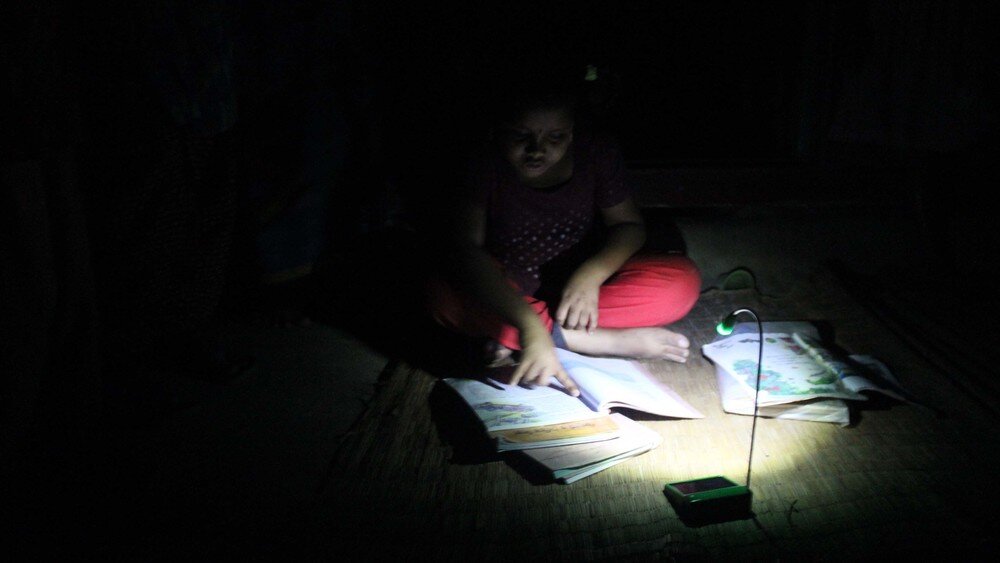
Solar Lamps for Sundarbans
Bringing Light to Bangladesh
The Challenge
The South West corner of Bangladesh known as the “Sunderbans” (‘Beautiful Forest’ in Bengali) is home to the largest tidal halophytic mangrove forest in the world. This unique region has been declared a UNESCO World Heritage site. It is also a densely populated region that is threatening the sustainability of the delicate eco-system. A large percentage of the residents rely on kerosene for their lighting needs. However a typical kerosene lamp emits toxic fumes and soot endangering the health of the villager. Additionally, the children have limited opportunity to read and study after nightfall because of the cost of the fuel. Their academic progress is compromised. Rampal Power Station has been planned to be built just outside the Sunderbans to address this lack of power. However, there is strong opposition from the community against the construction of the Rampal power plant because it will burn over 4 million tons of imported coal annually. This will affect the delicate mangrove forest during shipping and the plant itself will generate millions of tons of fly ash , coal dust, sulfur and other toxic chemicals.
The Innovation
We intend to start addressing this dilemma by the use of distributed, renewable solar power for lighting needs of the community. First phase of project is to provide solar lamps so that the children can read and study after sunset. Unite to Light has developed a solar lamp that is specifically designed to address this urgent need. The solar lamp is built to last and the AA rechargeable batteries can easily be replaced by the owner. The lamp itself can last more than a decade. These lamps, partially subsidized by the Sumar Lakhani Foundation are sold below cost to the families who pay over several months simply from the savings from the cost of kerosene.
“We use kerosene lamp for our household activities and for my study. But I don’t get the lamp in need bacause it is used in all kinds of family activities. As my father face difficulty to maintain our family, I cannot demand another lamp for my study.When my family work is done, I take the lamp and prepare my study for little time at night. I cannot study for long due to want of kerosene. In such situation I could not study much and make good result.”
— Sagorika Mondal, Sundarban Student
Long Term Impact
Now the children can study and do their homework after sunset without risking their health from a kerosene lamp. The students are expected to show an improvement in their academic performance. Use of clean renewable energy source will reduce the reliance on a dirty coal burning power plant for lighting needs. This will help preserve and protect the mangrove eco system and its biodiversity. Future plans call for the introduction of larger solar lamps that the whole family or community can use. These lamps will eventually also replace larger kerosene burning lamps used at night to fish, maintain shrimp farms and collect honey and bees wax.
“The thermal power plant would destroy the ecological balance and biodiversity of the Sundarbans”
— Iqbal Habib, Joint General Secretary, BAPA








